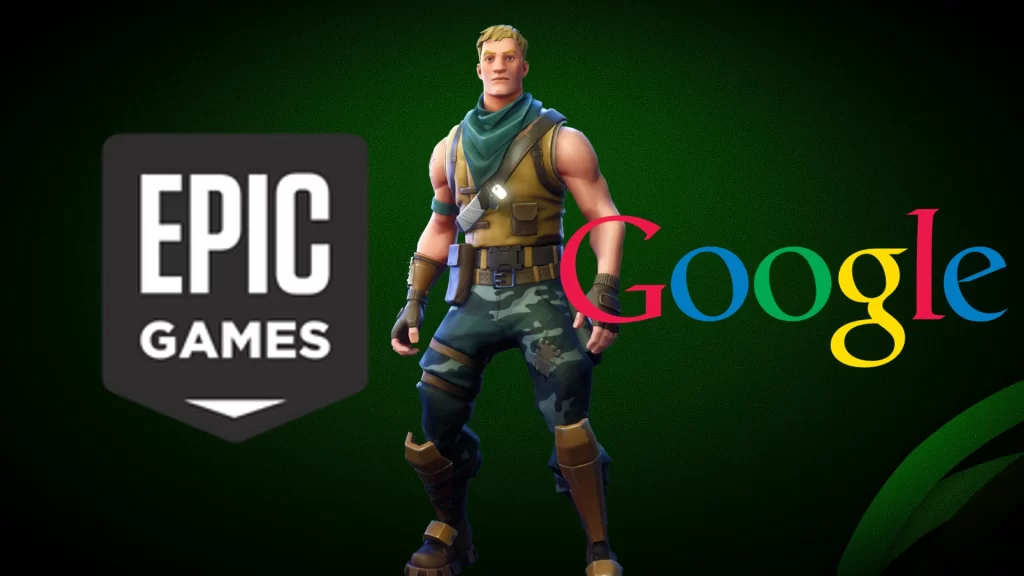The initial day of the Epic Games vs. Google antitrust trial has provided intriguing insights into the gaming and tech industries. Here’s a summary of the proceedings:
Epic’s Opening Arguments
In their opening statements, Epic Games’ legal team made several important points:
- Google’s Dominance Challenged: Epic’s lead attorney, Gary Bornstein, called into question Google’s overwhelming presence in the app install market.
- Anti-Competitive Accusations: Bornstein accused Google of engaging in anti-competitive practices by paying off competitors and maintaining a monopoly.
- Sideloading Struggles: Epic pointed out the complexities Google introduced to sideloading, an alternative method for app installation.
- Profit Margins Revealed: Bornstein disclosed Google’s substantial 30% fee on app sales, emphasizing its profitability.
- Project Hug Secrets: Google’s alleged “Project Hug” was revealed, where payments were made to developers not to compete with the Google Play Store.
- Epic’s Defense of Surprise Moves: Epic admitted to a surprise update that led to Fortnite’s removal from app stores but argued it didn’t harm consumers.
Google’s Opening Statements
Google’s legal team presented their case with a focus on market dynamics:
- Market Definition Matters: Glenn Pomerantz, Google’s attorney, emphasized the importance of defining the market in antitrust cases.
- Google vs. Apple: Google’s view was that they compete directly with Apple rather than stifling competition.
- The Scope of the Market: Pomerantz believed the relevant market for antitrust scrutiny should encompass the entire gaming industry.
- AFAs and Sideloading: Google defended its Anti-Fragmentation Agreements (AFAs) and highlighted users’ willingness to sideload apps.
- The Market Fee Argument: Pomerantz insisted that the 30% fee was a market fee, not a monopoly fee.
- Google’s Response to Allegations: Google refuted claims of preventing Riot Games from launching a competing app store and asserted that deleting certain chats didn’t violate antitrust laws.
Witnesses
The trial featured two witnesses who provided essential insights:
- Steve Allison’s Testimony: Steve Allison, head of the Epic Games Store, discussed the store’s launch and its goal of challenging Steam’s dominance.
- Benjamin Simon’s Account: Benjamin Simon, CEO of Yoga Buddhi, explained how Google’s actions affected his app, Down Dog.
Day 1 Verdict
Based on the summary of Day 1, it is challenging to determine a clear winner in the Epic Games vs. Google trial. Both parties presented their arguments, and the ultimate decision rests with the court. Epic Games raised concerns about Google’s dominance in the app market and anti-competitive behavior, while Google defended its position and agreements, contending that they compete in a larger market and their practices are not monopolistic. The outcome of the trial will become clearer as it progresses, and Day 1 represents just the initial phase of this legal battle.
The first day of the trial offers intriguing standpoints, although the final outcome remains uncertain.
